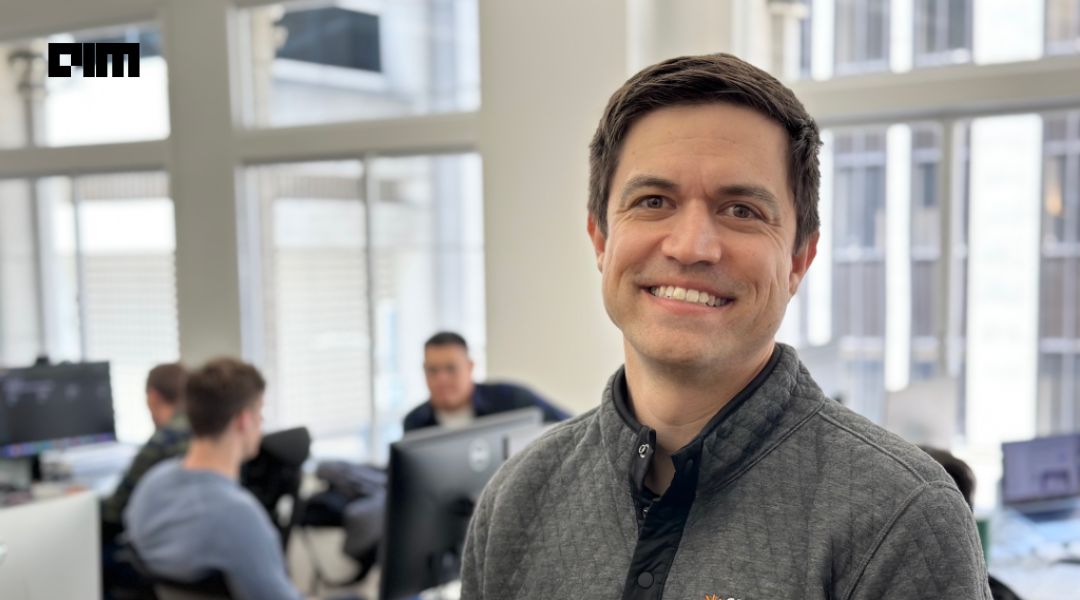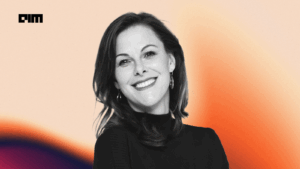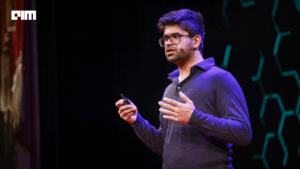Few phrases provoke dread in finance teams like: “We’re implementing a new ERP.” John Glasgow, founder and CEO of Campfire, knows this firsthand. “You tell your accounting team, ‘We bought an ERP’—everyone’s ready to quit,” he said in a recent interview. “Nobody wants to go through a one-year implementation.”
It’s precisely that aversion and the inefficiencies it reflects that Campfire is built to solve. Just nine months after launching, the AI-powered ERP startup has raised $35 million in a Series A round led by Accel, with participation from Foundation Capital, Y Combinator, Capital 49, and angel investors including Dan Kang, CFO of Mercury.
Founded in 2023, Campfire is a modern ERP built for high-growth companies. Its early momentum is striking: over 100 companies have already replaced legacy systems like NetSuite and QuickBooks with Campfire. That list includes Advisor360, a wealth management platform; Rhumbix, a construction software firm; customer experience company Fooji; as well as YC-backed startups like Replit and Replo.
For Glasgow, the product is a direct result of years spent working inside outdated systems. He began his career in finance, holding roles at Fidelity and Union Square Advisors. Later, he joined Invoice2go after a former manager took over as CEO. Less than a year later, Bill.com acquired Invoice2go in a $625 million deal. Glasgow handled much of the M&A due diligence—and the shortcomings of their ERP system became impossible to ignore.
“I was forced to manage hundreds of diligence requests in Excel because their ERP simply wasn’t up to the task,” he said. “That’s when I knew something had to change.”
That experience ultimately led to Campfire. The platform uses large language models (LLMs) to automate and accelerate a range of accounting functions from reconciling AWS cloud bills to generating detailed cash flow analyses and board-ready reports. Its AI assistant, Ember AI, lets finance teams ask questions in natural language and receive real-time insights without relying on traditional dashboards or SQL queries.
“One of our customers went from a 15-day to a three-day close when they ripped out NetSuite and put in Campfire,” Glasgow noted.
Accel’s John Locke, who previously backed Invoice2go, said he typically avoids early-stage deals but made an exception for Campfire after seeing the strength of its adoption. “I was surprised that there were businesses of this size that were trusting their whole ERP to a 10-person, seed-stage project,” he said. “But the traction out of the gates was too strong to ignore.”
Locke ultimately led the entire $35 million Series A himself. “The AI ERP business is massive, and we think John is really the right person to do it,” he said. The broader ERP market is estimated to be worth $56 billion in 2024, with companies like Oracle, SAP, and Intuit long dominating the space. But according to Glasgow, the systems those companies built no longer match how modern finance teams operate.
Campfire is specifically designed to lower the traditionally high switching costs associated with ERP. “We rethought the whole implementation process,” Glasgow said. “You give us a login to your old system, and we go do all the work.”
Rather than a multi-month rollout involving consultants and training sessions, Campfire aims to be live within days or weeks. “Everyone says, ‘I just don’t have time, our team is too lean,’” Glasgow added. “So we’ve solved for both time and cost.”
Glasgow admits the platform isn’t yet ready for Fortune 500 companies, but that’s not stopping large-scale businesses from onboarding. “We have customers with hundreds of millions in ARR who’ve ripped out SAP, NetSuite, and everything below that,” he said. “One of them is projected to hit $250 million in ARR.”
The vision is to support companies from their early growth stages all the way through IPO. “I talked to the CFO at a 10,000-employee company still on NetSuite. They bought it at 100 employees and scaled to $100 billion in market cap,” Glasgow said. “So how do we get them at 100 and scale with them to 10,000? That’s really where we’re going.”
Campfire’s team remains small with just 12 employees but the company plans to scale its sales and engineering teams aggressively with the new funding. “We’re hiring,” Glasgow said. “We want to be enterprise-ready.”
From the beginning, Campfire has taken a pragmatic approach to AI adoption. Glasgow’s first version of the product was a basic three-statement model embedded in a login page, powered on the backend by a Google Sheet he personally maintained. Today, the company is integrating the latest models from providers like OpenAI and Meta, while also building proprietary AI tools tailored to finance workflows.
“We’re always going to be multi-model and on the latest systems,” he said. “Every time a new model ships—regardless of the vendor—the gap between us and the incumbents grows. We’re inheriting all the work of the best AI engineers in the world and applying it to real business problems.”
In contrast to many software startups chasing abstract AI use cases, Campfire is rooted in operational pain points Glasgow experienced himself. During his Y Combinator batch in summer 2023, he was something of an outlier among mostly younger founders. “One of the bingos was ‘find someone that’s a parent,’ and I was the hot commodity at YC bingo,” he joked.
Still, the insight he brought resonated. “They said to me, ‘Nobody comes to us and says, we want to build a new ERP.’ But this is one of the largest categories in software. And no one was disrupting it.”










